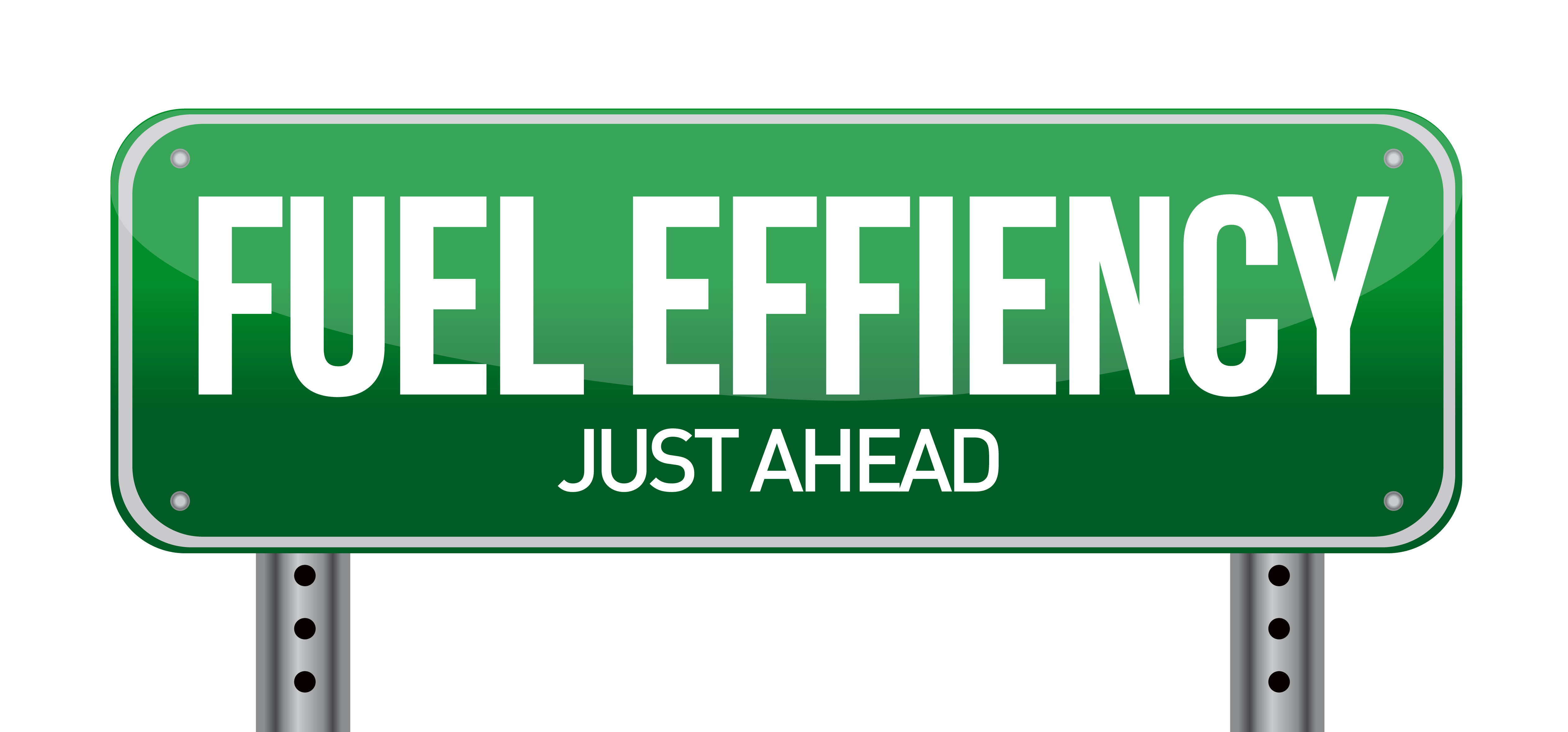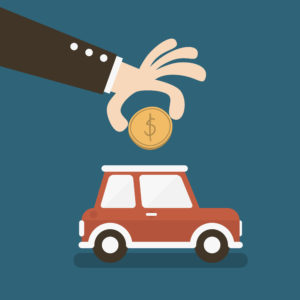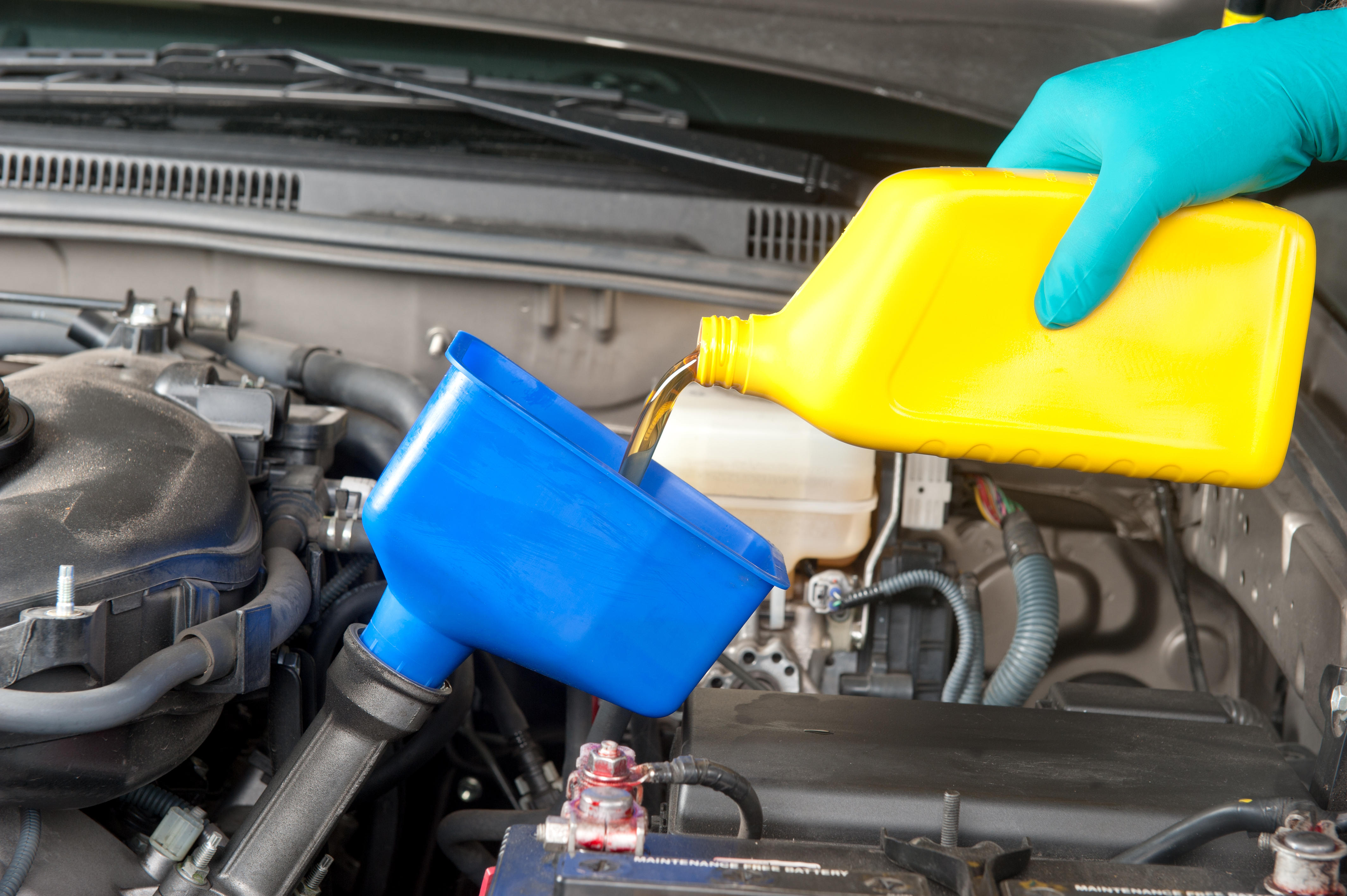Is It Good To Just Get General Auto Insurance?
Auto insurance is an essential component of responsible driving, regardless of a driver’s age, income level or location. State laws ensure that all drivers have some form of basic coverage. But auto insurance companies offer insurance at a variety of coverage levels and price points, which means you need to compare your options and consider your needs before you buy.
Definition:
General auto insurance is a basic policy that satisfies or even exceeds your state’s minimum coverage requirements. However, it does not include added features that a premium policy would offer. Instead it is the type of policy that an auto insurance company would offer a new customer in most cases. General auto insurance is long-term, self-renewing and usually requires monthly, annual or biannual premium payments.
Cost:
The primary advantage of a general auto insurance policy is its balance between cost and coverage. It will always include some of the most important types of coverage, including personal injury liability and property damage. This is enough to help most drivers avoid the financial peril that can come from a car accident without insurance. By eliminating add-on features such as glass coverage or rental car reimbursement, a general policy keeps costs affordable so that most drivers can make their payments on time and without major difficulty.
Limited Coverage:
The same limits to a general auto insurance policy’s coverage that keep costs reasonable also mean that drivers may be responsible for paying out-of-pocket in the event of an accident. For example, if a general policy lacks collision coverage, a driver won’t receive an insurance payment to repair his own vehicle after an accident he causes. Coverage limits also mean lower maximum payments from the insurance company. If you have a $15,000 property damage limit and total another driver’s car that is worth $25,000, you’re personally responsible for the $10,000 difference.
Vulnerability:
Insurance companies rely on many factors, including your driving record and the value of your vehicle, to set rates for general auto insurance. If you have an accident or make a claim, then your general auto insurance provider will likely raise your rates to reflect your accident history or deny future coverage altogether. This is not true of other policies such as temporary insurance. If you rent or borrow a car, a temporary policy will protect the general policy that you or the vehicle owner already pay for and prevent its cost from rising following an accident.
Quick Money Savings Tip For Safe Drivers
There are dozens of auto insurers – Which one will give you the best rate?
Step 1) Choose your vehicle make below.
Step 2) On the next page, complete the 4 minute questionnaire, and you'll have the opportunity compare the best rates in your area.
Step 3) Keep more money and possibly save hundreds!










